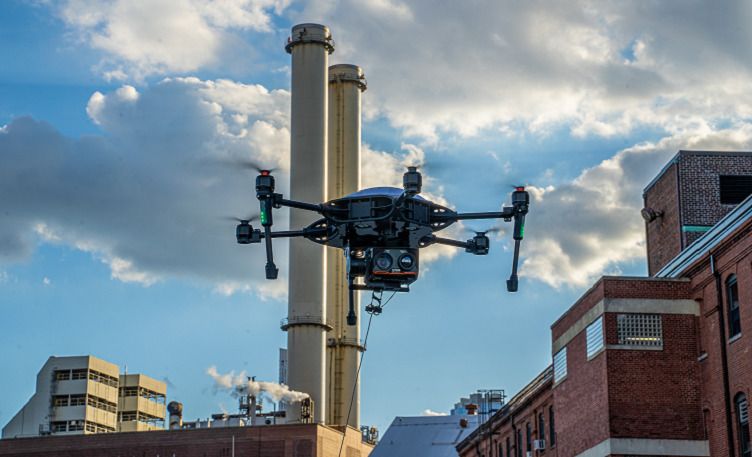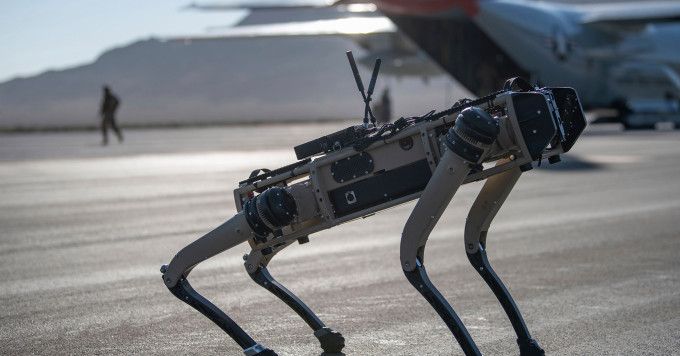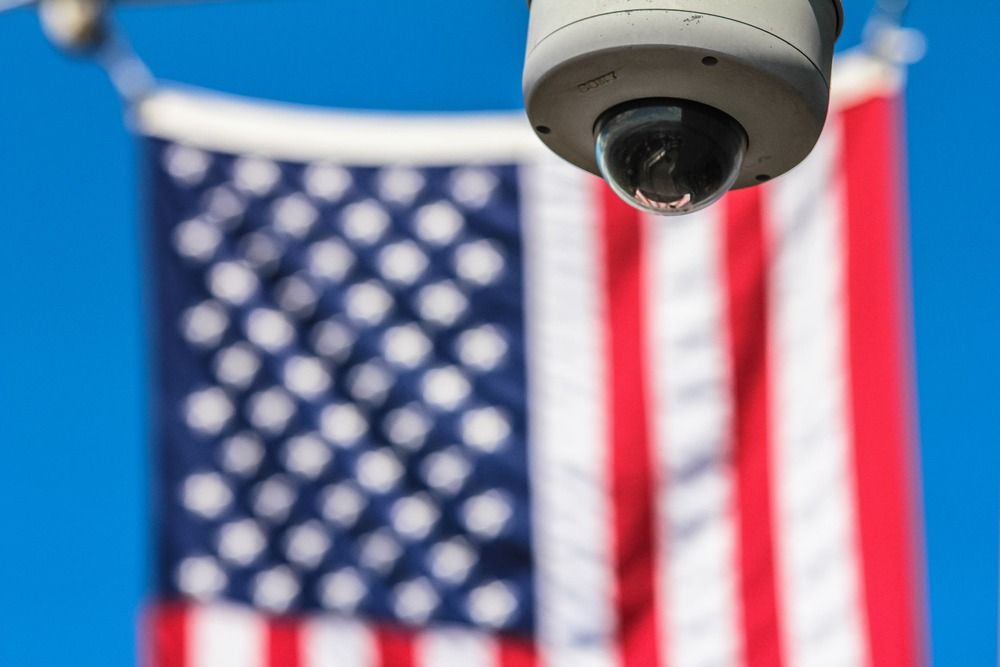Artificial intelligence helped co-pilot a U-2 “Dragon Lady” spy plane during a test flight Tuesday, the first time artificial intelligence has been used in such a way aboard a US military aircraft.
Mastering artificial intelligence or “AI” is increasingly seen as critical to the future of warfare and Air Force officials said Tuesday’s training flight represented a major milestone.
“The Air Force flew artificial intelligence as a working aircrew member onboard a military aircraft for the first time, December 15,” the Air Force said in a statement, saying the flight signaled “a major leap forward for national defense in the digital age.”







